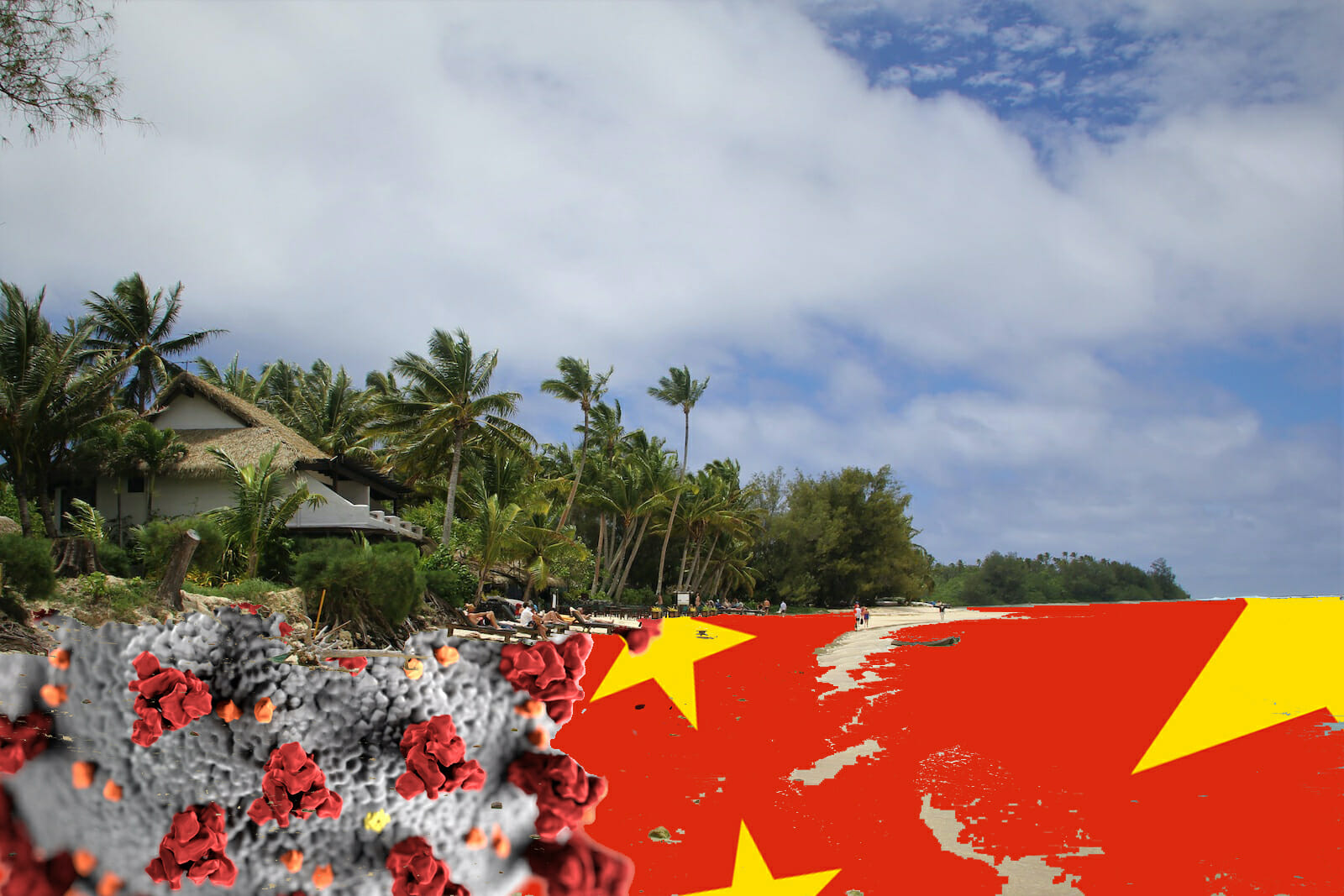
Playing the Long Game: Chinese COVID-19 Aid in the Pacific Island States
In the past three months, Beijing has stepped up its financial aid to Pacific Island states as part of a long-term strategy of building influence in the region. The weakness of the healthcare systems in the region, combined with a reduction in the resources available on the part of overstretched governments and international organizations has created a unique opportunity for Beijing to grow its influence in the region.
Over the past two decades, China has greatly increased its involvement in the Pacific Islands through investment and soft power initiatives. Beijing’s interests in the region are twofold. Beijing wants to gain resource extraction rights and reduce diplomatic recognition of Taiwan. These two aims have directed policy in the region and they often occur jointly as Beijing links economic assistance to diplomatic recognition.
The first of Beijing’s joint objectives, resource extraction rights, is focused on supplying raw materials for its domestic industrial base. State companies backed by Beijing have invested more than a billion dollars in nickel and cobalt mines in Papua New Guinea. In other regional states, Beijing has sought to increase its access to tuna fishing grounds. This rapid increase in investment has led to controversy with the governments of regional states as well as Australia and the United States. Of particular concern is Beijing subsidized tuna fleets that severely under-report catches and illegally harvest roughly $616 million of South Pacific tuna a year. An increase in Beijing’s South Pacific fishing fleet from 244 vessels in 2010 to 418 vessels in 2016 has strained relations and harmed local fleets.
As part of Beijing’s attempts to remove diplomatic recognition from Taipei, Beijing has built influence within regional organizations including the Australia and New Zealand led Pacific Islands Forum. Beijing also established the China-Pacific Island Countries Economic Development and Cooperation Forum as an alternative in 2006 and has used it to distribute roughly $1.5 billion in investment packages. This increase in investment allowed Beijing to surpass Australia in 2012 as the largest investor in the region. In recent years, Australian aid has also been greatly reduced due to domestic budget cuts. Unlike Australia which tends to provide assistance in the form of financial aid for projects, Beijing prefers to provide general loans. More than 80% of the money Beijing provides comes via loans and not development assistance. The distinction means that Beijing’s development investment adds a substantial debt burden to national budgets and poses a serious default risk.
There is concern that Beijing will use this debt leverage in the future to extract concessions or gain control of port facilities. In 2018 there were denied rumors of an attempt by Beijing to build a naval base in Vanuatu. Beijing has also suggested that new loans and the continuation of payment deferrals for countries struggling to repay old loans is conditioned on favorable votes in international forums. Despite the risks and political conditions, investment by Beijing is favored by some countries because it comes without requirements for meeting democracy, transparency, and human rights standards that are imposed by the United States and allies as conditions for aid packages.
The emergence of COVID-19 has led to an alteration of the traditional investment patterns in the region as overstretched international charities and Western governments struggle to respond to the virus domestically. While COVID-19 has led the Australian government to increase overall aid and rush to provide critical medical supplies, the major leader of the international response in the Pacific Islands has been Beijing. The Chinese have so far provided more than $1.9 million for testing kits and sent thousands of units of personal protective equipment. Most notably, Beijing organized a conference call with the health ministers of ten Pacific Island states on March 10th to share information and coordinate a response.
While the Pacific Island states have so far seen very few cases, potential COVID-19 outbreaks pose a serious threat to regional states as they lack the healthcare infrastructure to handle high case numbers. Large portions of the population live in remote areas without access to medical facilities and there are a very limited number of doctors and nurses. Furthermore, these states have some of the highest rates of obesity in the world. Since obesity is a suspected risk factor for COVID-19, the compound problems of poor health infrastructure and a highly at-risk population make the need for assistance critical. Many regional states acted early to impose travel restrictions, and for now, cases are low but regional governments are urgently looking for assistance.
The region has historically struggled to promote economic growth due to poor infrastructure and the economic impact of COVID-19 will be severe even without domestic outbreaks. Since the Australians are struggling to provide significant assistance, Beijing has taken the opportunity to step into the gap and boost its soft power in the region. This strategic move by Beijing may be designed to help secure the long term objective of a naval base in the region. The large scale of the Chinese response, combined with how rapidly it has occurred, has given Beijing substantial leverage. This has led to concern in the Australian government about Beijing’s power amid economic threats by Beijing after the Australian government called for an international inquiry into the spread of COVID-19.
Chinese influence in the Pacific poses a potential geopolitical threat to both Australia and the United States. While the U.S. may be distracted by the world’s largest COVID-19 outbreak at home, the U.S. government should take greater action to assist regional states or it risks public perception that it has abandoned the region. Since the U.S. is responsible for the defense of the Federated States of Micronesia, the Marshall Islands, and Palau through Compacts of Free Association, the U.S. government has reason to take notice. The Pacific Islands sit on the supply lines between Australia, New Zealand, and the U.S. mainland. If Beijing were to develop a base in the Pacific Islands, they would be able to project naval power throughout the Pacific Ocean. While Beijing is still a long way away from establishing a base in the region, the robust Chinese provision of aid, combined with a lackluster response by Australia and the U.S. has helped create an opening for Beijing to take a dominant role.
